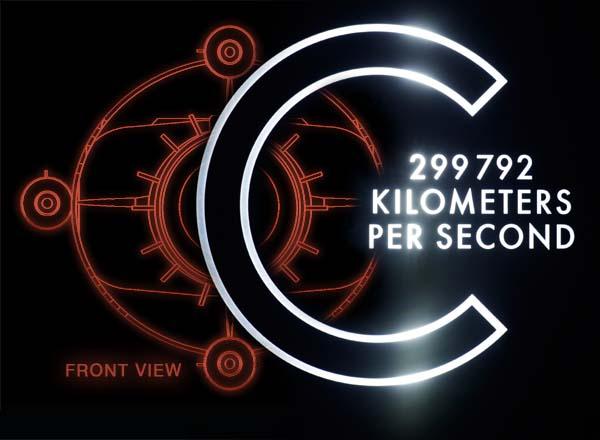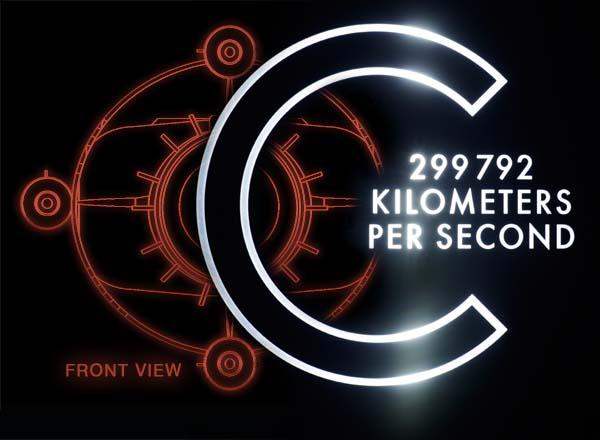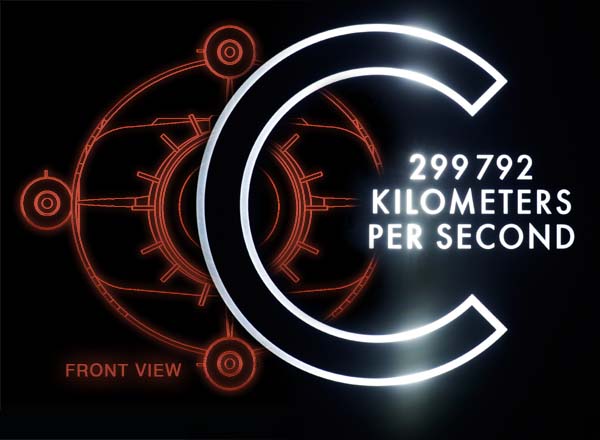When it comes to special effects, nothing looks more realistic than reality itself, and filmmakers Derek Van Gorder and Otto Stockmeier hope to show this with their upcoming film, “C.”
The short sci-fi film begins with an interplanetary cold war and follows the story of an idealistic flight officer who hijacks her own ship to search for other habitable worlds and a better future. Van Gorder and Stockmeier are breaking the mold with this film, abandoning computer graphics and green screens for model ships, lights, and a whole lot of creativity.
They elaborated on this via e-mail, noting while “CGI can be really beautiful and it’s an incredibly powerful tool,” science fiction films and others that are filled with special effects tend to “move too far from principles of basic photography.”
“Light and the physical world play such an important role in a filmmaker’s decisions, and through all those decisions nature is meeting you halfway,” Van Gorder and Stockmeier said.
The film’s trailer shows this concept in action. A ship soars through space, lights shining forward through the darkness. There is depth and shadow, and an uncanny feel that sci-fi films once had.







